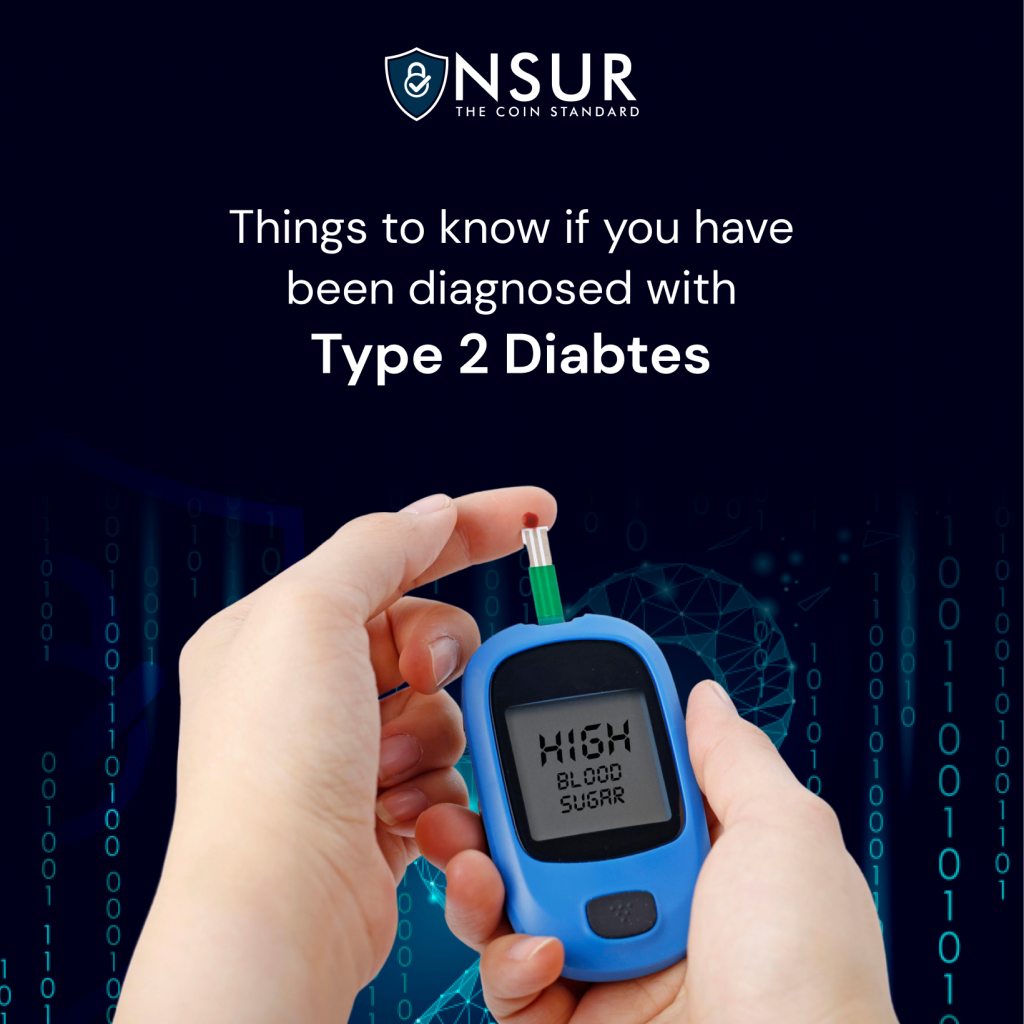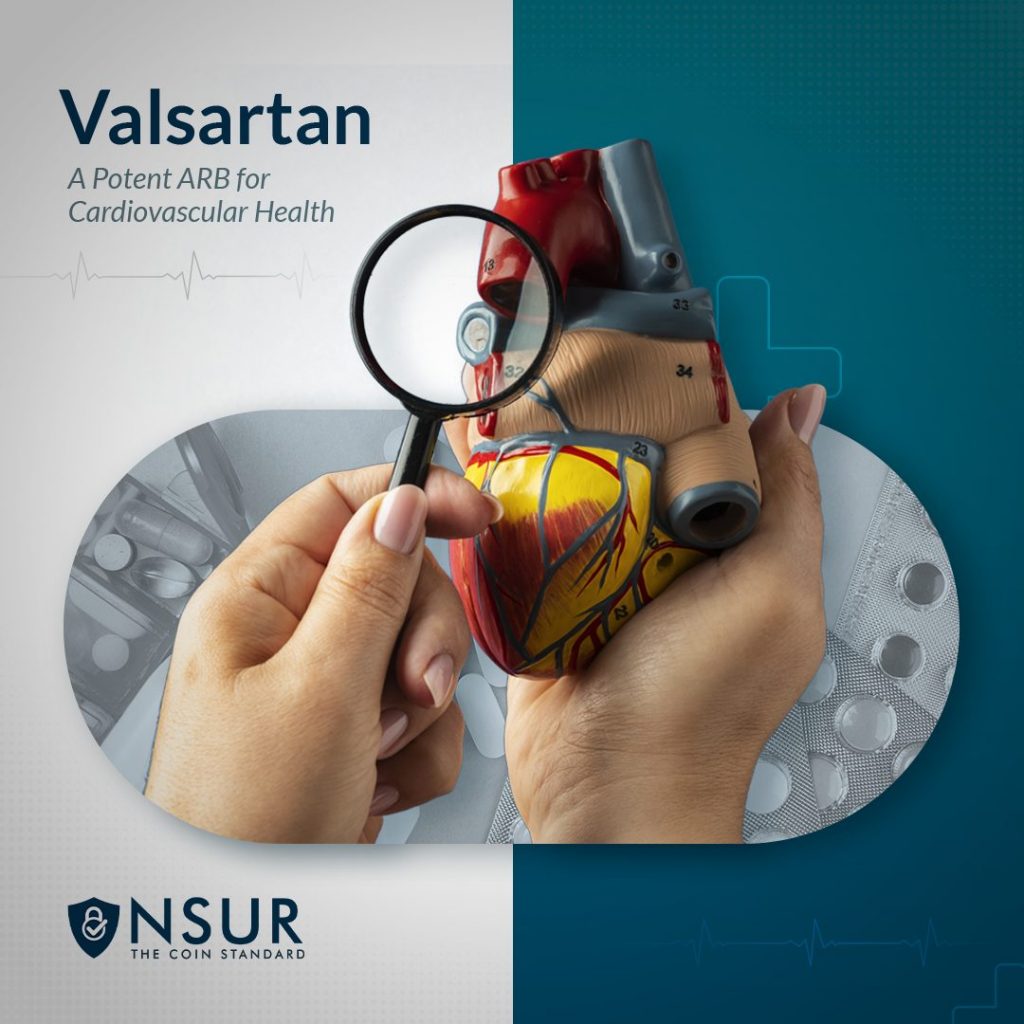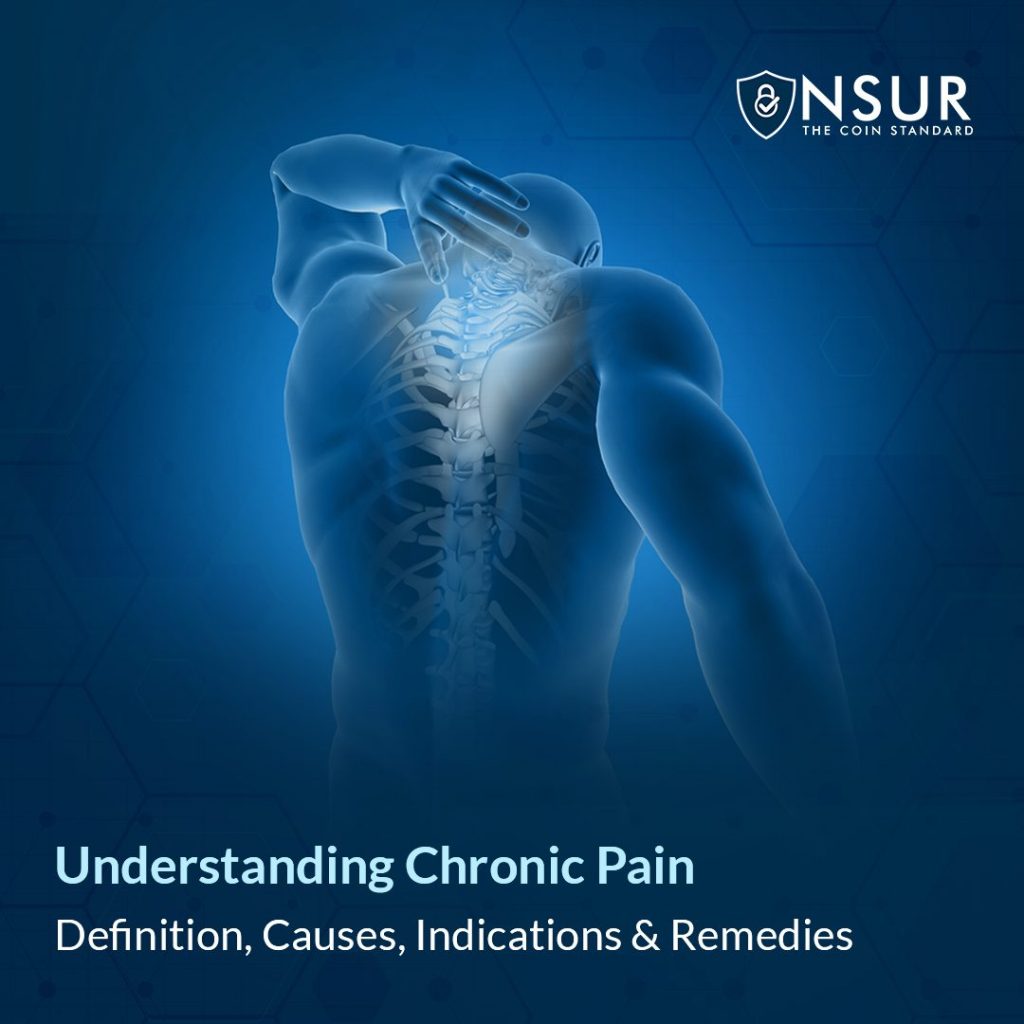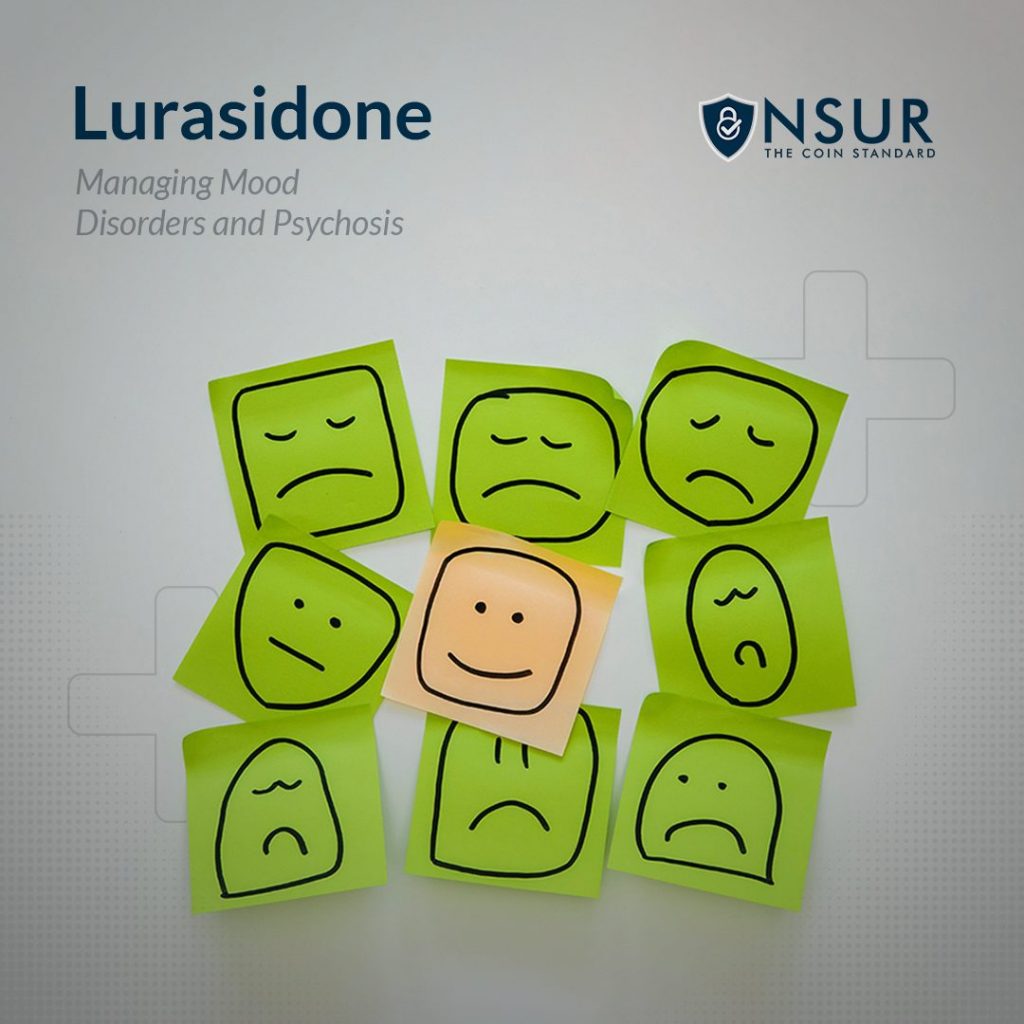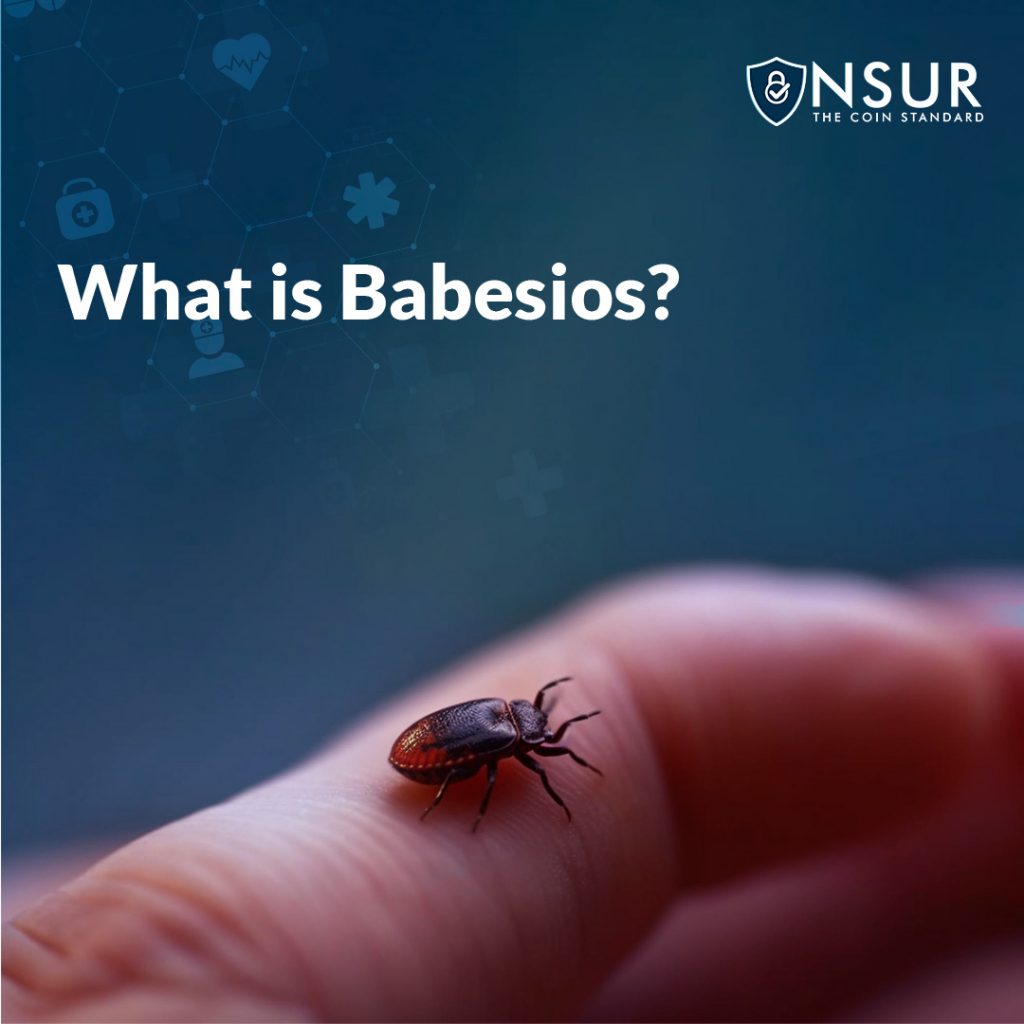
Babesiosis (pronounced “buh-BEE-zee-oh-sis”) is an infection caused by a variety of species (types) of the parasite Babesia. It can be contracted by the bite of an infected blacklegged tick or through an organ transplant.
While the disease has been discovered all over the world, the majority of reported instances have been identified in the Northeastern United States, a few Northwestern states, and across Europe.
Babesiosis typically manifests as flu-like symptoms. However, the parasite’s destruction of red blood cells might result in life-threatening consequences, particularly if you have a compromised immune system. Hemolytic anemia, a disorder in which red blood cells are destroyed faster than they can be replaced, is a common consequence.
Symptoms
Babesiosis may not produce any symptoms. One in every four persons has no signs of babesiosis.The vast majority of Babesia infected patients are either asymptomatic or have extremely minimal symptoms.Unlike other tick-borne infections, it seldom causes a rash.
Babesiosis symptoms appear one to four weeks following exposure. They are as follows:
- Fever is really high.
- Fatigue (tiredness).
- Chills.
- Sweating.
- Headache.
- Muscle or joint pain.
- Appetite loss.
- Cough.
Additional signs of severe babesiosis include:
- Jaundice is characterized by yellowish skin or eyes.
- Pale skin tone (pallor).
- Urine (dark pee).
- Dyspnea (shortness of breath).
- Vomiting and nausea.
- Pain in the abdomen.
- Stiffness in the neck.
- Emotional lability or PBA refers to sudden mood swings or excessive emotional reactions.
After being bitten by a tick harboring Babesia, some people will become quite unwell. People who are elderly, don’t have a spleen (either because it was surgically removed or because they were born without one), or don’t have a good immune system (as a result of a chronic disease that affects the immune system, such as HIV, or because they are taking a medication or receiving a drug therapy, such as chemo, that suppresses their immune system) are more likely to have a severe case.
Babesiosis is also more prevalent and can be more severe in patients who have another tick-borne disease, such as Lyme disease. Babesia infection has been discovered in up to 20% of persons with Lyme disease.
Causes
Babesiosis is caused by several species of Babesia parasites. Babesia are protozoa, which are one-celled creatures that cannot be seen without a microscope. They enter your bloodstream via a tick bite. They infect and kill your red blood cells there. This might make you fatigued in moderate circumstances. In severe circumstances, such as if you have a weakened immune system, the infection might lead to death.
In the United States, B. microti is the most prevalent cause of symptomatic babesiosis. B. duncani, B. divergens, B. venatorum, and B. crassa are some more Babesia species that can make you sick.
Take advantage of NSURx for your prescription drugs!
With the NSURx Prescription Benefit Card, you can save money on your medications at more than 35,000 pharmacies across the United States.
You can save up to 80% on your medication by using an NSURx card. Hundreds of dollars in savings could be yours every time you fill out your prescription.
The more you shop with NSURx, the more NSUR Coins you will receive as a reward.


